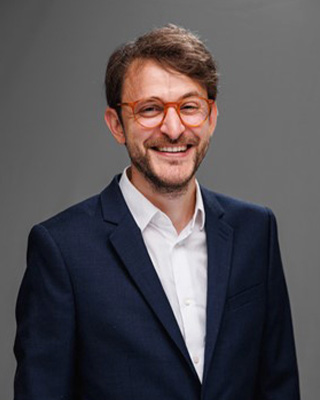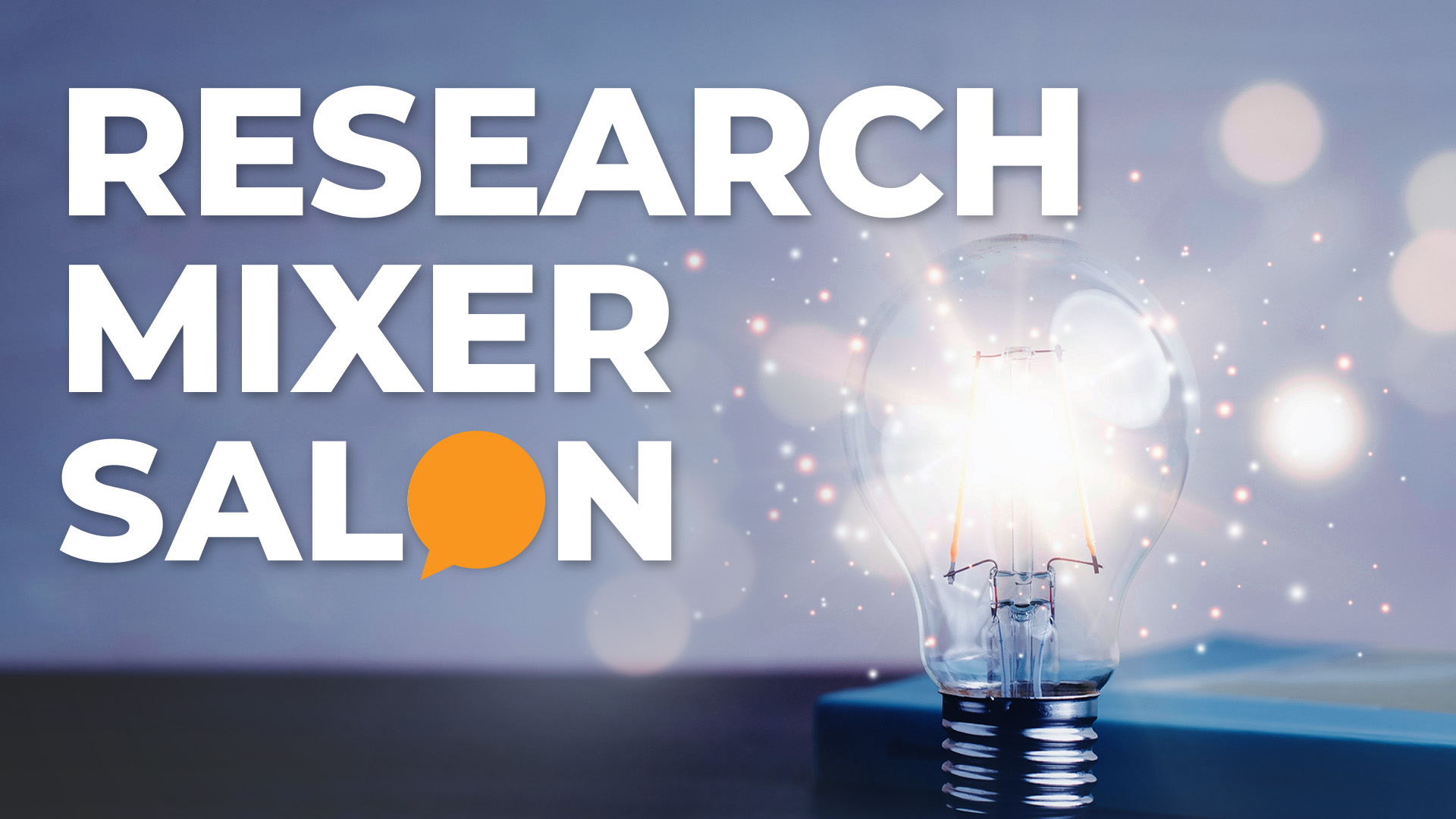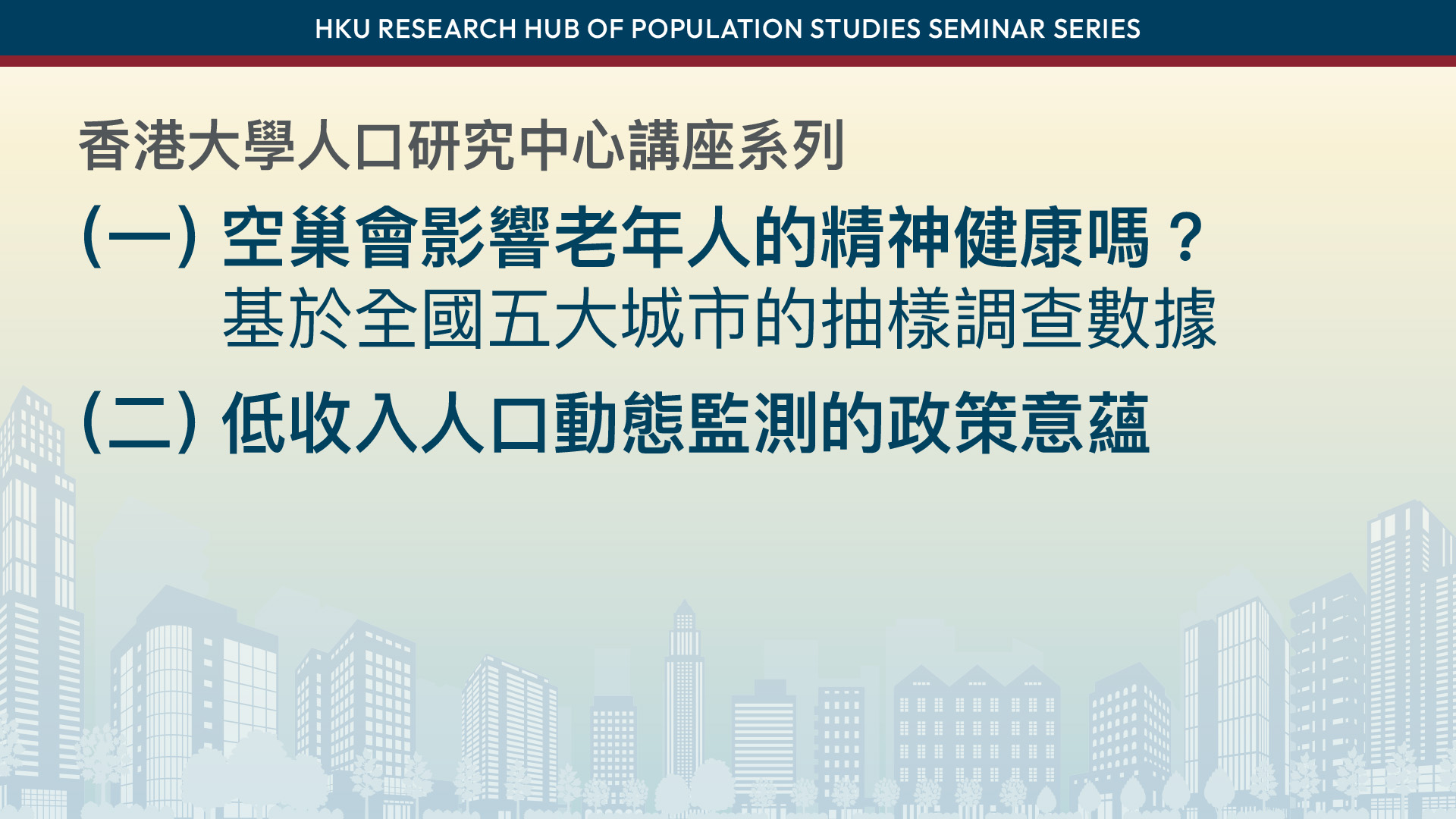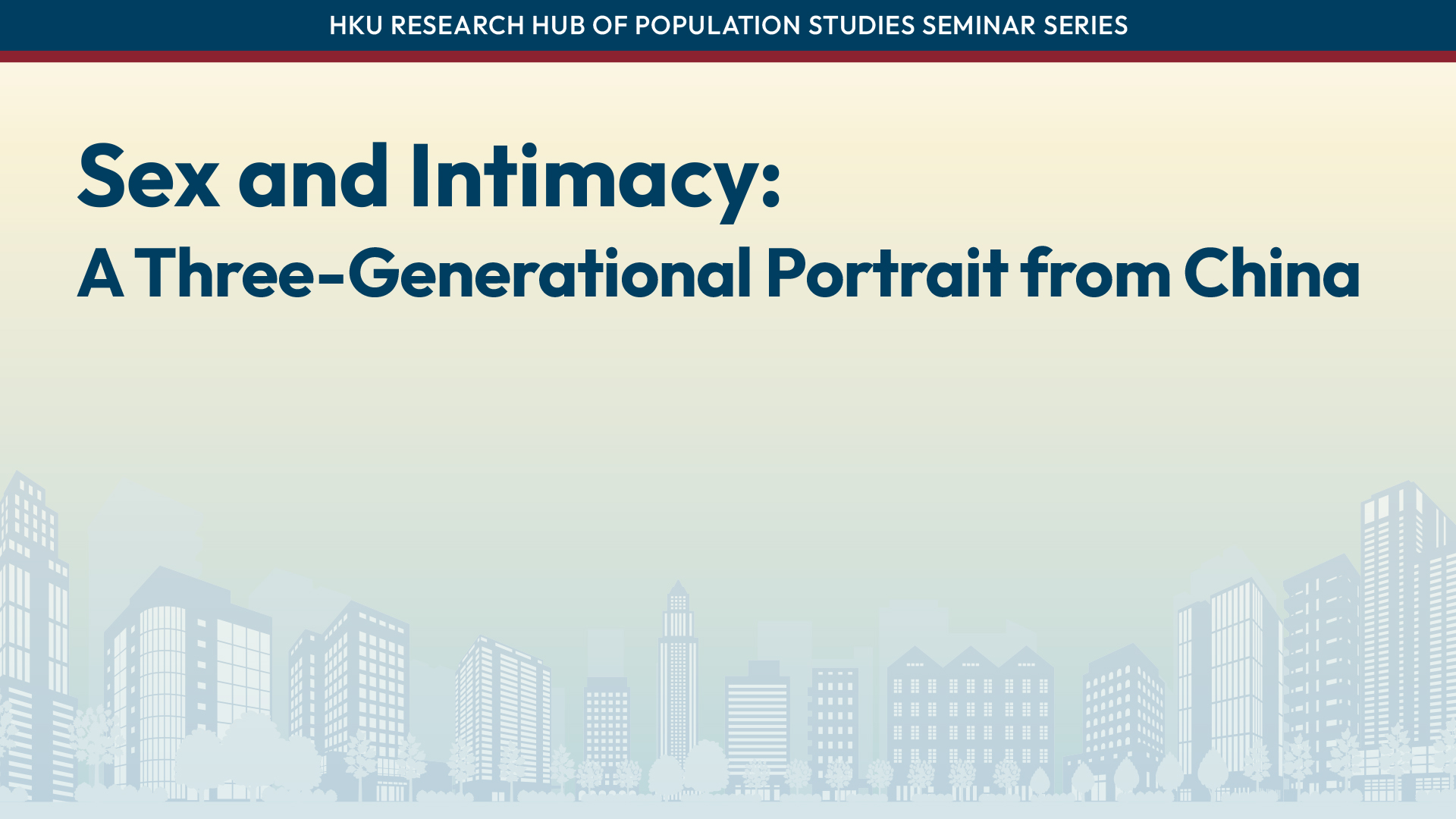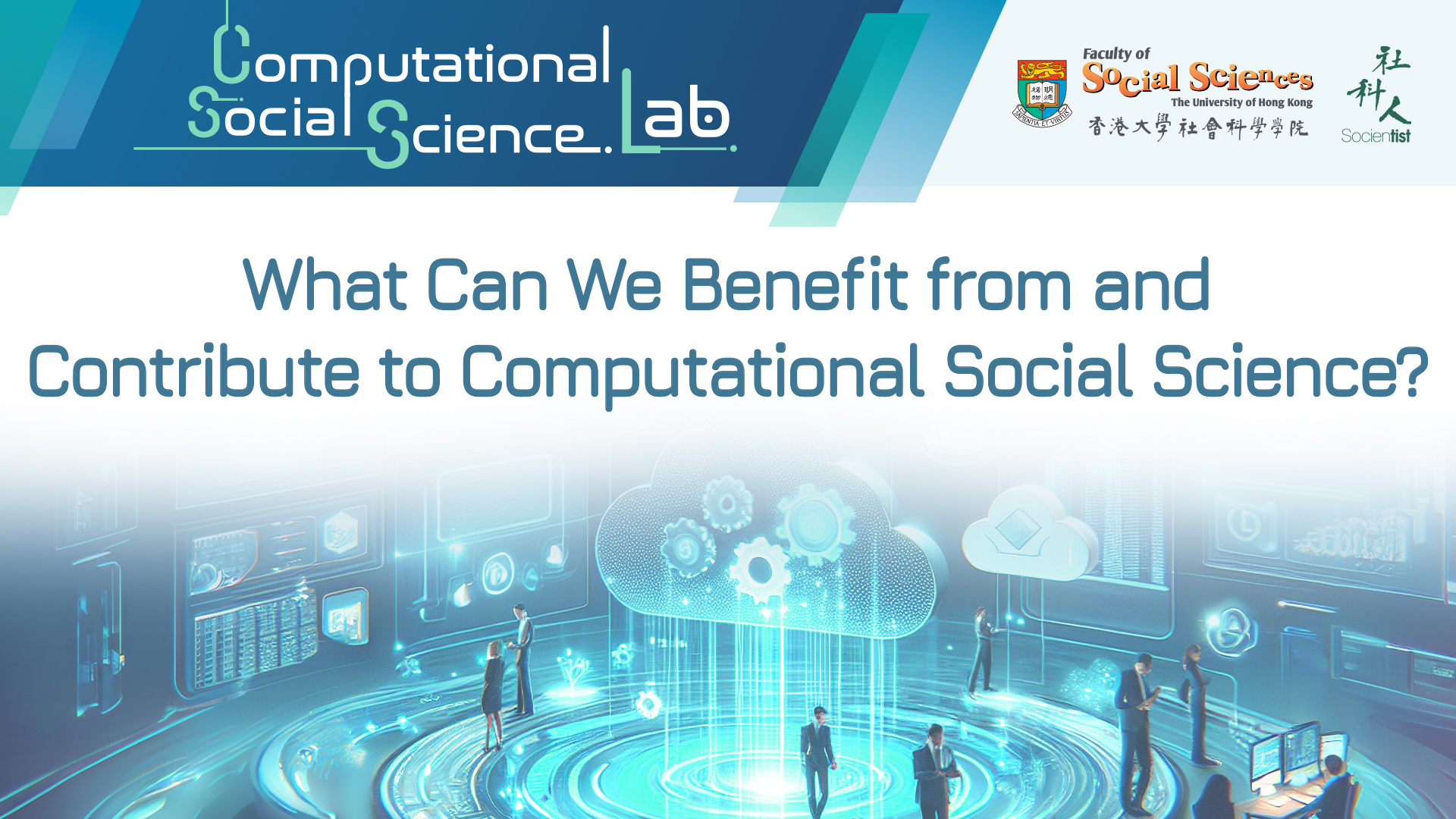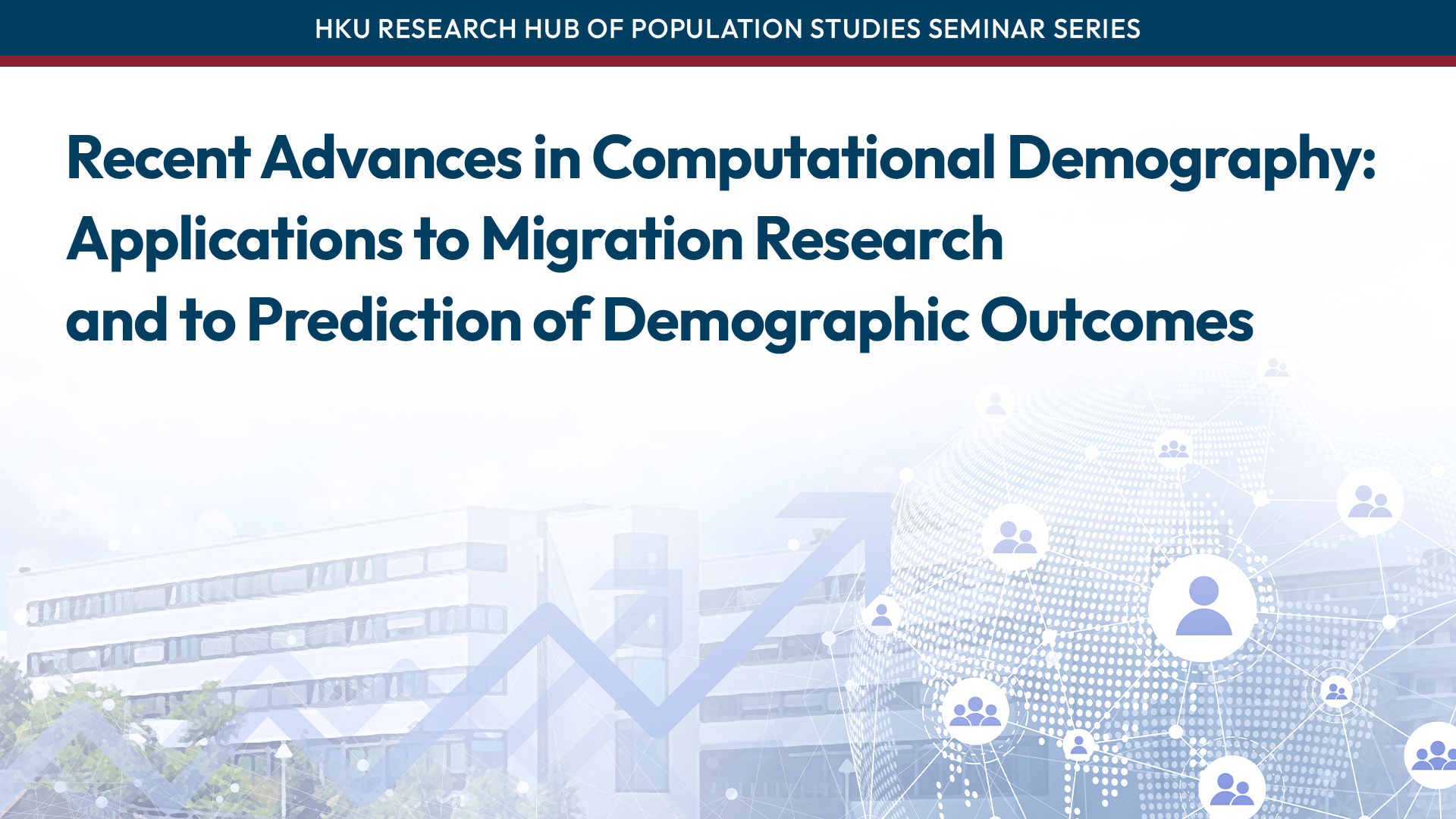April 17, 2024
5:00 – 6:30pm
Between 2017 and 2020, U.S. County attorneys’ offices filed an unprecedented wave of
lawsuits against opioid manufacturers and distributors. These “affirmative litigation” suits
departed drastically from these offices’ usual role, which typically involves representing the
jurisdiction in transactions and defending it against litigation. To understand what motivated
local jurisdictions, he adopts a full-cycle research approach that includes interviews with local
government attorneys as well as event-history analyses of opioid lawsuits filed by U.S. counties.
His analyses point to the important role of a mechanism he calls institutional scarring, defined
as a lingering sense of having been wronged in the past by another organizational actor.
Counties’ experiences with allowing states to take the lead decades earlier in lawsuits against
Big Tobacco—and therefore to distribute the resultant settlement funds—left many
jurisdictions feeling scarred. When the prospect of legal action against opioid manufacturers
emerged, this institutional scar was activated, shaping local attorneys’ legal consciousness and
making them reluctant to leave litigation in state officials’ hands. Interviews and event-history
analyses alike provide support for this explanation. These findings inform the literatures on
how past experiences can affect organizations and how relational legal consciousness
underpins legal action by local governments.










